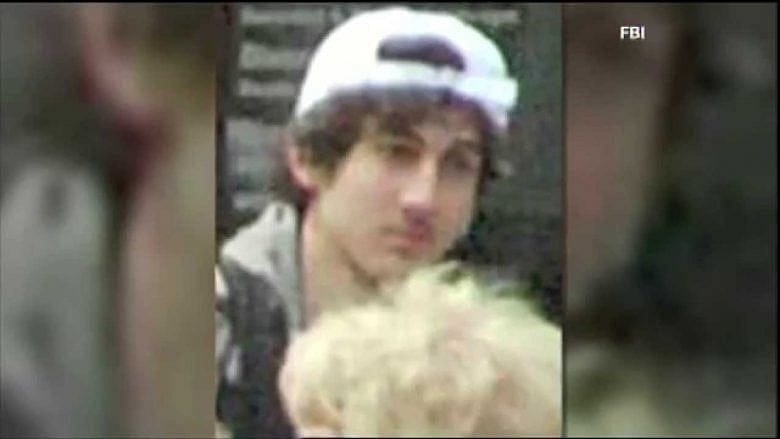Marathon bomber’s one-time friends turn distress into film

BOSTON – Coming up on the third anniversary of the Boston Marathon bombings, portrayals of the unforgettable race day on April 15, 2013, are soon to abound.
A play focusing on the victims, "Finish Line," debuted previews Thursday at the NonProfit Center in Boston. Dorchester-born Hollywood director Mark Wahlberg is building a cast for "Patriots Day," which is expected to depict the events of that week in 2013. Another film in the works, "Stronger," will also feature victims.

